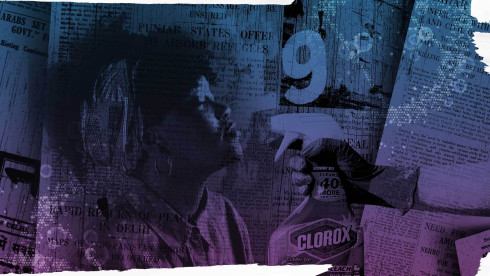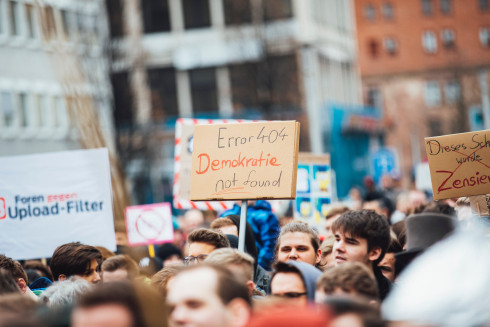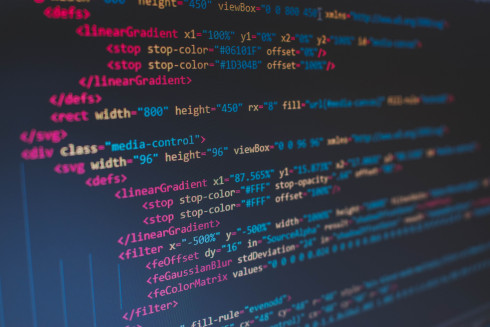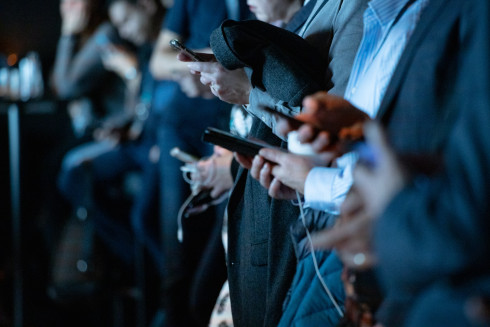Disinformation on Steroids
About the Event
We have a big problem with disinformation. Ever since the COVID-19 pandemic began, at the latest, the subject has been on everyone's lips. The World Health Organisation is already talking about an "infodemic". Once again, in the course of the US elections, warnings are being issued about the danger of false and disinformation. This time the threat might come more from within the US than from abroad.
No country is immune from disinformation. The fear of deep fakes, i.e. manipulated video recordings, is everywhere. Algorithms on social media platforms drive people into the clutches of conspiracy theorists. Messengers like WhatsApp and Telegram make it easy for conspiracy theorists and disinformation campaigns to spread their views without the outside world noticing.
Disinformation has been around for ages. Long before social media was created. Therefore, the solution to combat disinformation may not only be the responsibility of social media platforms. Instead, comprehensive educational approaches and counter-strategies are needed to protect societies from the influence of disinformation. What experiences and what approaches are there? How can we hold platforms accountable, and where are the solutions outside the digital world? What can we learn from each other? We want to discuss these questions with our international guests.
with Ann Cathrin Riedel, Maria Ressa, Cyriac Gbogou and Maksym Skubkenko
Disinformation on Steroids
Ever since the COVID-19 pandemic began, disinformation has been more prevalent than ever before. The World Health Organisation is already talking about an "infodemic".
Zurück
Als nächstes







